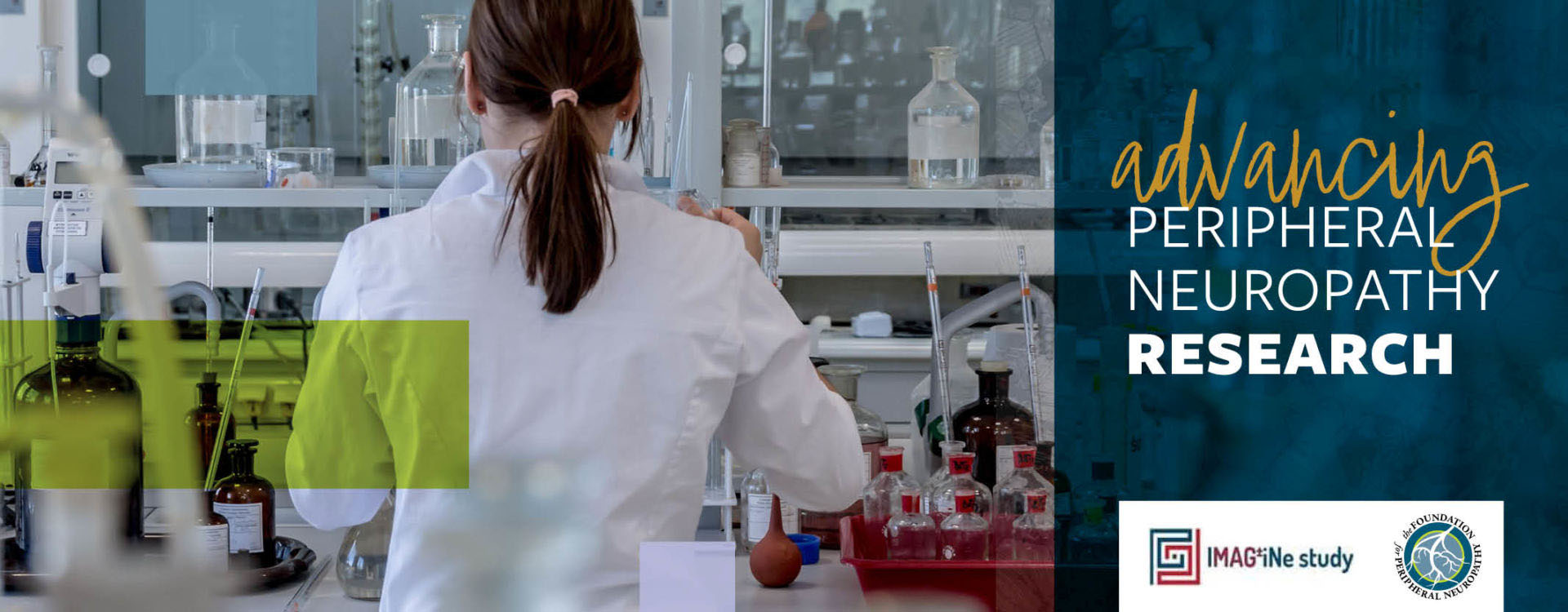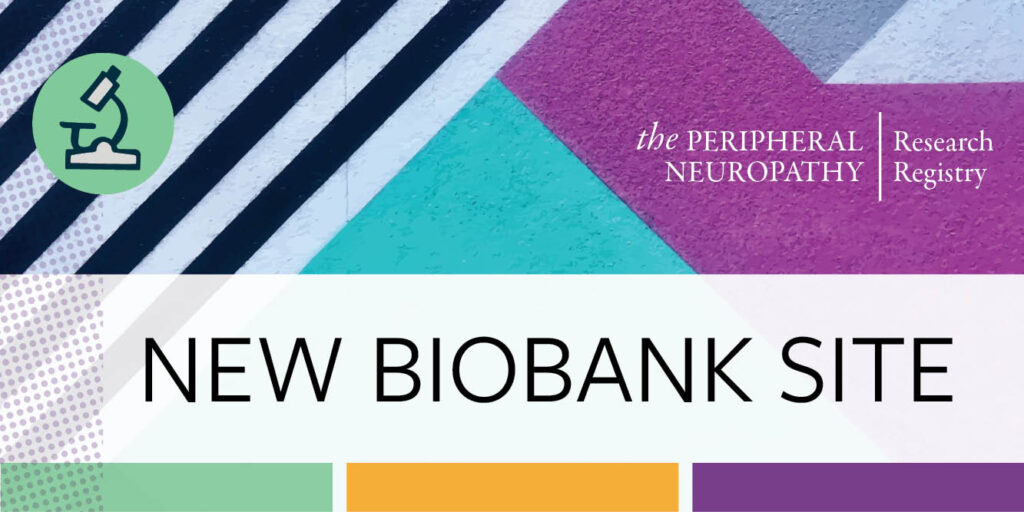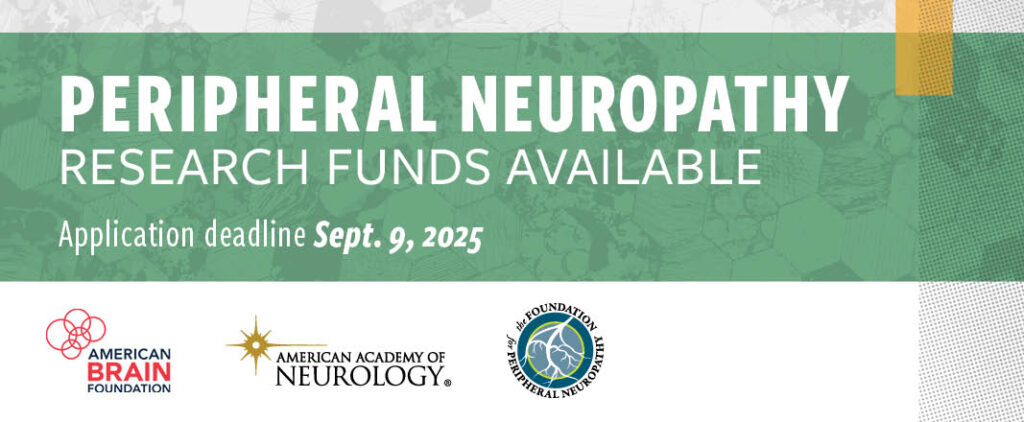Research Study Back on Track!
Following over a year’s delay due to the COVID-19 pandemic, the IMAGiNe Study is finally back on track!
The IMAGiNe Study (Immunoglobulin M(IgM)-Anti-myelin-associated-glycoprotein (MAG) Peripheral Neuropathy Study) is a research program that aims to create a standardized database and biobank to be used for the research and analysis of Anti-MAG peripheral neuropathy. The goal is to be able to identify and predict the disease progression and treatment response, drawing on the information and DNA collected from the biobank and patient database. The hope is that researchers will be able to determine cause and treatments for sufferers of the disease.
Put on a pause due to the covid pandemic, this research program is back and thriving! The IMAGiNe Study is now expanding into new sites, recruiting new patients, and looking to reach its enrollment goal to be able to perform research on this important and rare form of peripheral neuropathy.
What is Anti-MAG PN?
Anti-MAG peripheral neuropathy (MGUSP) is a form of peripheral neuropathy caused by a rare autoimmune condition. With this type of peripheral neuropathy, a patient’s immune system attacks cells that are vital in maintaining a healthy peripheral nervous system. As these cells are destroyed by antibodies, they lose function and impact sensory and motor functions. More information on this condition can be found on the FPN website.
What is the IMAGiNe Study?
Under the direction of Maastricht University Medical Center (Maastricht, Netherlands), experts in neuromuscular disorders from Utrecht Medical Center (Utrecht, Netherlands), Johns Hopkins Hospital (Baltimore, USA), Hospital de Sant Pau (Barcelona, Spain), Humanitas Clinical Institute (Rozanno, Italy), Clinical Center of Serbia (Belgrade, Serbia), Aarhus University Hospital (Aarhus, Denmark) and Odense University Hospital (Odense, Denmark) have been focused on the last couple of years on the strenuous mission of building this unique and unprecedented archive of MGUSP patients for the IMAGiNe study.
At this moment in the research study, there are 181 patients. These patients are distributed in the aforementioned institutions, whose effort and commitment are fundamental for the progress of the study. Thanks to their willingness to assist to controls and complete questionnaires, researchers will be able to reach their goal of constructing a proper tool that can be used to measure the impact of the disorder and detect improvement or deterioration. When testing medications in the past, this was one of the missing pieces.
Currently, physicians and patients at the National Hospital for Neurology and Neurosurgery (London, UK), the Hospices Civilis de Lyon (Lyon, France), Universita di Padova (Padova, Italy), Hôpital Bicêtre AP-HP (Paris, France), and Neuromuscular Reference Center UCL St-Luc (Brussels, Belgium) are working on the necessary arrangements to join the IMAGiNe study. When they do, the study will surpass the minimum number of patients required, and we will be thrilled to share with you all the knowledge that will surface about MGUSP and await the domino effect this will generate.
The Foundation for Peripheral Neuropathy’s Important Role
The Foundation for Peripheral Neuropathy (FPN) is eager to support the efforts of the IMAGiNe Study with a research grant. This grant would fund both the expansion of the biobank and the enrollments of Anti-MAG PN patients at the participating sites throughout the world.
If you have Anti-MAG peripheral neuropathy and would like to learn more about how you can participate in this study, please contact FPN today!
A special thanks to Mr. Lou Mazawey, FPN’s Board President, and the Atlantic Philanthropies for their generous support. We also must thank all of the physicians and patients who are participating in this study to make this vision possible!
For more information about this study or to participate, please contact [email protected].







